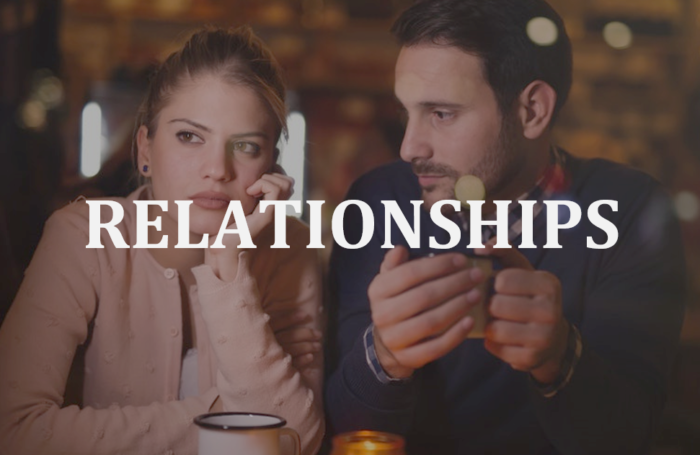
by Timothy Sullivan, lawyer
“Love and marriage go together like a horse and carriage…”
When’s the last time you’ve seen a horse or been in a carriage?
You meet, date, decide to share expenses and rent, maybe buy a house, have kids. Seems normal. And it is. Common law coupling is less about a decision as it is a legal relationship that sneaks up on you. And it has particularly detrimental consequences if you don’t do something about it.
Common law relationships are not the same as a marriage just as a 1 horsepower pony trap carriage isn’t the same as a 178 horsepower, 2.5 L 4-cylinder sedan because, you know, cars aren’t the same as horses, even if they both get you where you’re going.
Legal differences in relationships
The big difference, under Ontario law, is the legal effect of marriage affecting property. As a common law couple, you don’t have rights to the other’s property, not on separation and certainly not on death.
While there are a few different definitions of common law relationships, let’s consider the couple which has been together, living and sharing their lives under one roof, with or without kids, for years and years.
Let’s consider two scenarios in a common law relationship.
If one of you calls it quits, there is no sharing of what you’ve built unless it is jointly held or a complicated claim at court is advanced: A house in one name and not the other; pensions, RRSPs and investment holdings belong to the one who owns it. It doesn’t matter what hours you put into the house, what parties you attended so your partner could climb the corporate ladder. His is his and hers is hers and in same sex relationships, his/hers is his/hers.
To extract your contributions from the other’s property requires a claim for constructive trust to get an unjust enrichment award/settlement. And it won’t likely be 50/50, because: trust law.
On death, the ramifications are even more tragic. That’s because one of the couple can’t explain the missed opportunity to share one’s wealth with the survivor of the couple. In a common law couple without a Will, the deceased’s Estate goes to the closest blood relatives, or worse, to a still-married but long forgotten ex. It wouldn’t matter if the father was estranged, a brother was despised or a cousin was unknown.
(Remember The Girl with the Dragon Tattoo author Stieg Larsson? He died at age 50 without a Will to deal with his millions. His partner of some 30 years was not entitled to a share – but his estranged father was, due to the laws of intestacy.)
How can you address this without actually getting married? A cohabitation agreement and an hour-long chat with a family law lawyer can address the effects of common law coupling, asset sharing and what happens at the end of the relationship, be it by death or separation.
Of course marriage isn’t for everyone. A negative history, slipping one’s mind, religious and legal reasons – all may dissuade a couple from marrying and enjoying the property benefits and legal rights it brings.
But if you’re in a long-term relationship – especially if you have children, assets, and property – taking the time to get legal advice can ensure you aren’t blindsided later.
